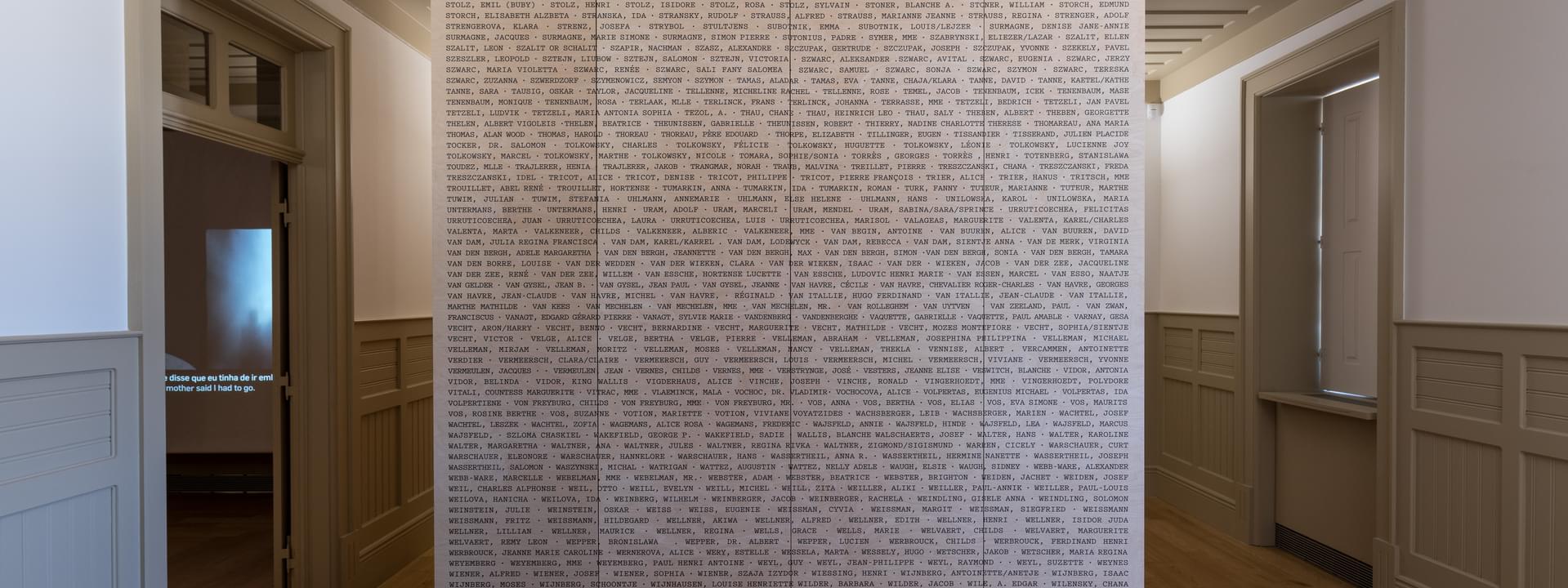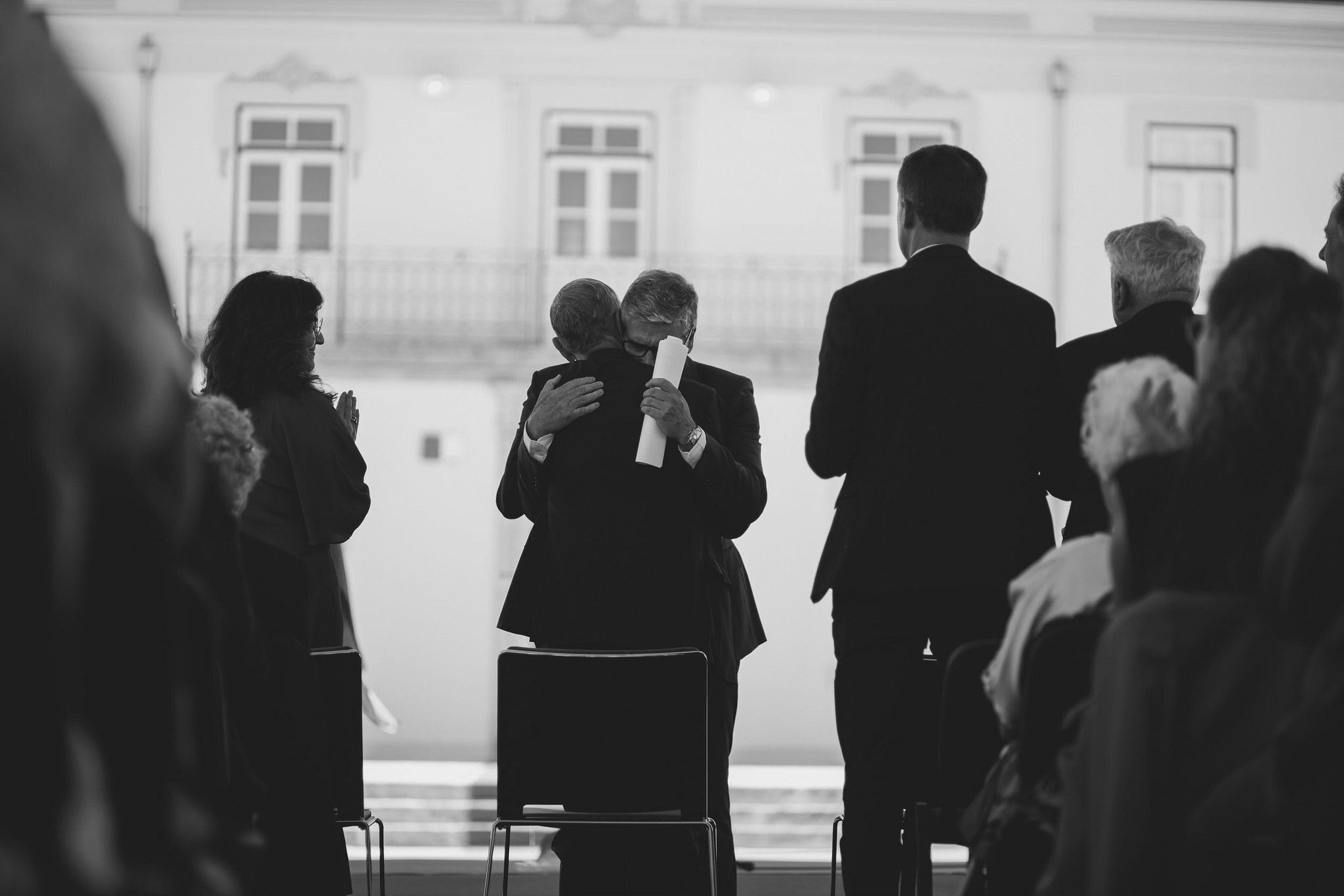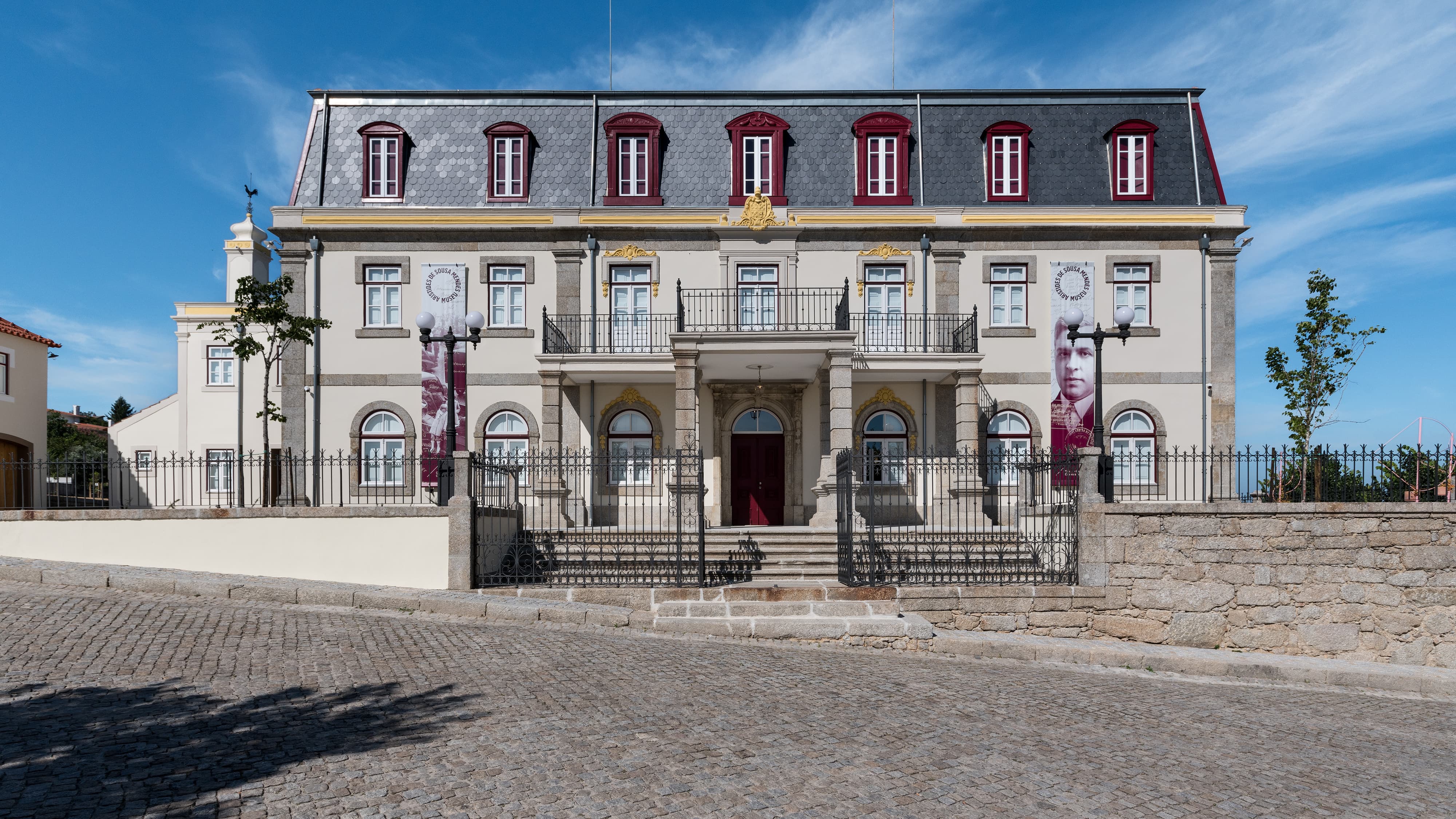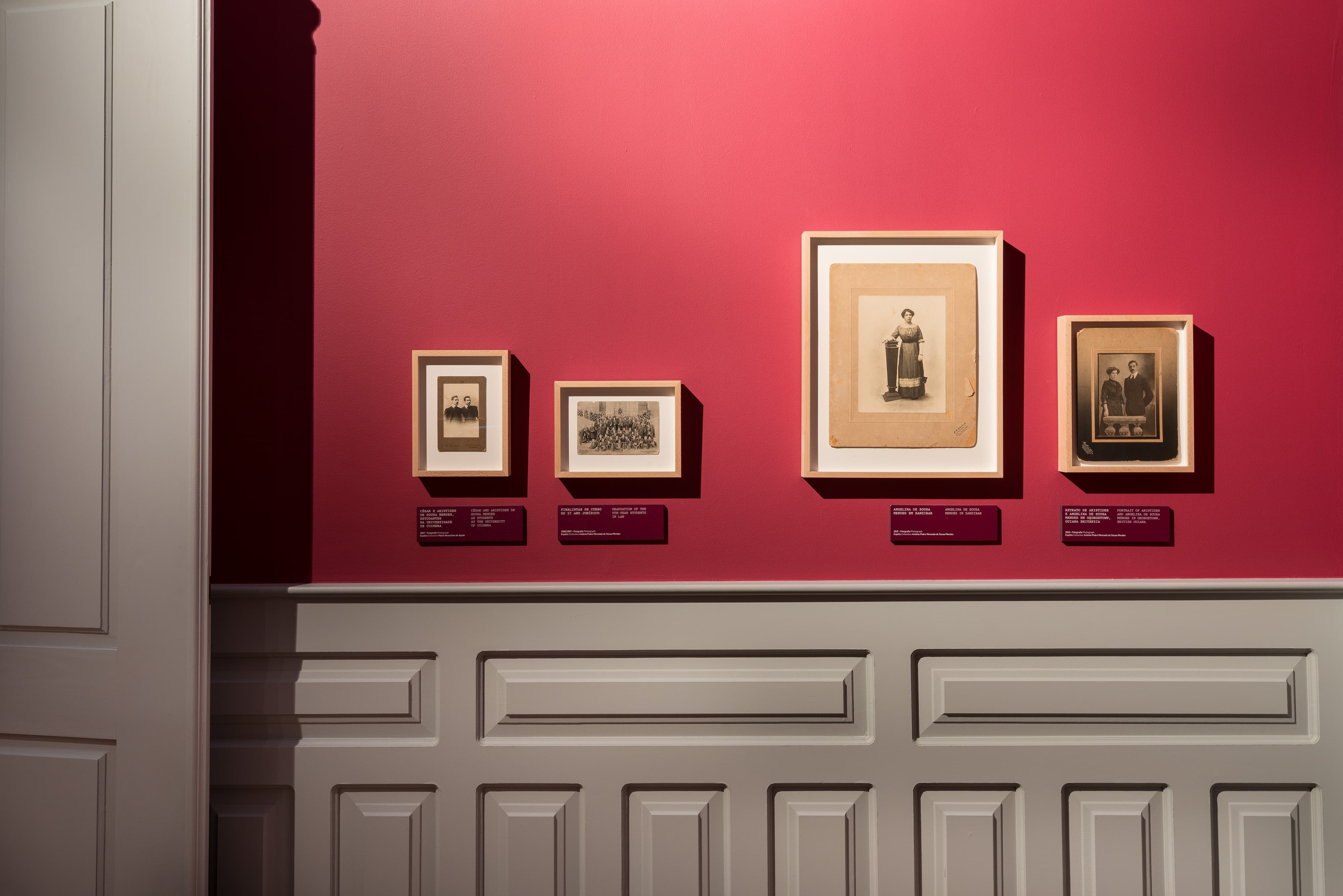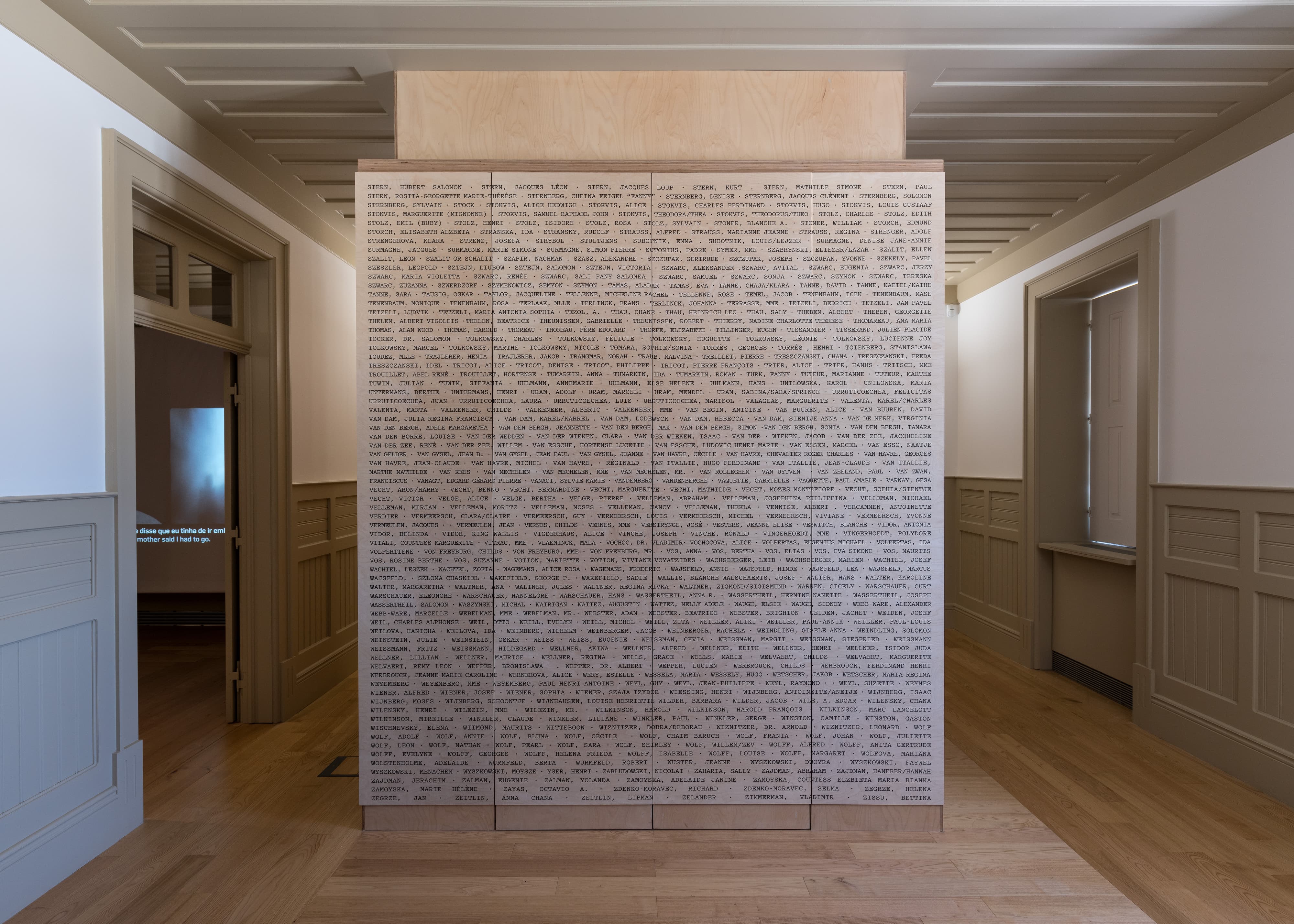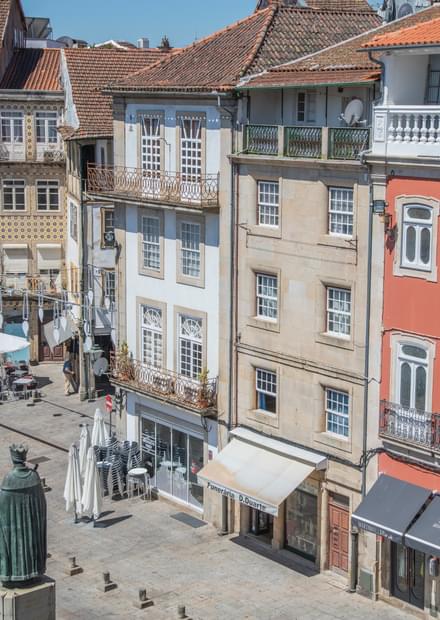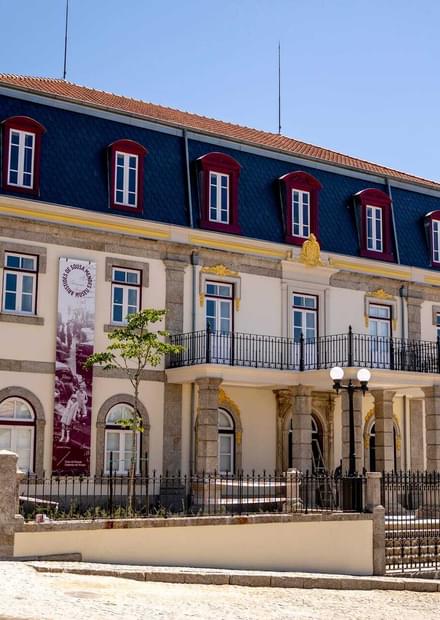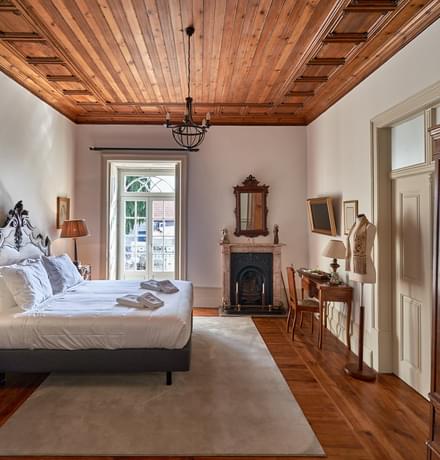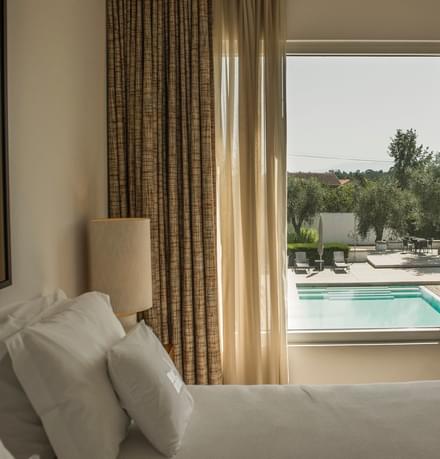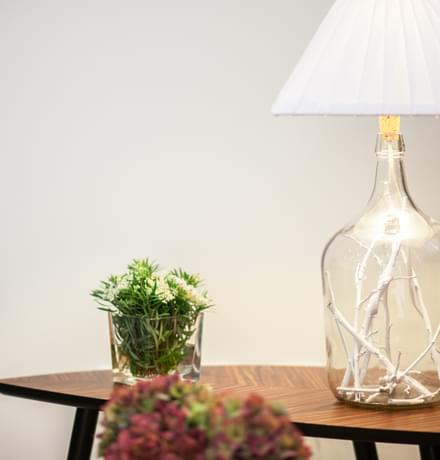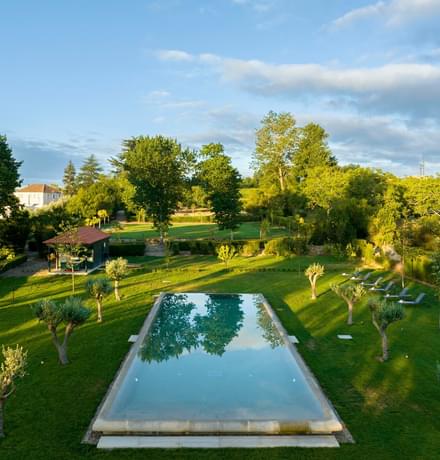Aristides de Sousa Mendes Museum, housed in the iconic Casa do Passal, has opened its doors, celebrating the memory of a great man who saved thousands of persons from the horror of the Holocaust. A landmark praised by Pope Francis and the Secretary-General of the United Nations, António Guterres.
This museum evokes the values of tolerance and peace, perpetuating the legacy and the memory of Aristides Sousa Mendes, the prestigious Portuguese diplomat who has saved 30.000 lives from the Holocaust, frantically issuing them visas either individual or for families. Even against the rules imposed by dictator Salazar, Aristides de Sousa Mendes followed his own moral conscience in an unprecedented life-saving mission led by just one person.
The family house Casa do Passal was built in the 19th century and enlarged in the first decades of the 20th century. Classified National Monument in 2011, this is now the epicentre of Aristides de Sousa Mendes Museum, rising in all its due glory, a renovation work led by the architects Rosmaninho + Azevedo. Also in 2021, the body of the renowned Portuguese diplomat was transferred to the National Pantheon, in Lisbon.
The museum was officially inaugurated on July 19th 2024, Aristides de Sousa Mendes anniversary, by the President of the Portuguese Republic, Marcelo Rebelo de Sousa who, in his speech, stated that this museum was a teaching for future generations.
João Crisóstomo, Vatican's representative in the inauguration ceremony, read the heart-felt speech of Pope Francis: "It is with joy that I join with my heart, not only to honour, but to drink in the legacy of a man who is an expert in humanity, righteous among nations. It is comforting to remember the freedom of his well-formed conscience, founded on the defence of the dignity of the human person. In fact, paths of redemption and ways of salvation continue to open up before us. May God grant that we don't lack the courage to walk them, especially if the paths of encounter and dialogue prove to be insufficient".
Curated by Portuguese historian Cláudia Ninhos, the main goal of the museum consisted of showcasing the vast archive of the Sousa Mendes family in an accessible way for any visitor, while awakening the need for transformation. The history of Aristides de Sousa Mendes is deeply inspiring and therefore it can help visitors understand how a single human being changed the lives of thousands. In a world in turmoil, threatened by extremism, political unrest and xenophobia, Aristides de Sousa Mendes Museum stands out as a stronghold of Human Rights and moral consciousness.
The museum's permanent exhibition focuses on the humanitarian action carried out by the consul during the Second World War, allowing us to understand Casa do Passal as a "place of memory" and as a space for the social and political construction of its protagonist. It consists of various sections that tell the story of the house, the Sousa Mendes family, Aristides' consular career, the historical context of the time, the main political events up to the 1940 'exodus', the trial, the sentence and the rehabilitation of the consul's memory, as well as the stories of other Portuguese who also saved Jews during the Second World War.
"Dear friends,
I am honoured to mark the opening of the long-awaited Aristides de Sousa Mendes Museum.
And I commend everyone who has worked so hard to make this vision a reality.
Aristides de Sousa Mendes was a beacon of courage, compassion, and conviction in a world of total moral collapse.
He faced a stark choice: to follow his governments’ orders or to save lives.
He chose the latter.
With the Nazis fast-approaching Bordeaux, Aristides de Sousa Mendes knew he had no time to waste.
He ignored his government’s infamous “Circular 14” denying visas for refugees’ safe passage to Portugal — with Jews named specifically in the order.
And from his post at the Portuguese Consulate, he took action.
Working day and night, he established a rapid system to stamp and sign passports and issue lifesaving visas.
To save time and issue more visas, his signature grew shorter and shorter — from Aristides de Sousa Mendes…to Sousa Mendes…to simply Mendes.
In all, over the course of a few sleepless nights in June 1940, he issued thousands of visas.
His legacy is lives saved and lives lived – including a young girl who, years later, would become the mother of my own spokesperson at the United Nations.
For his extraordinary act, Aristides de Sousa Mendes was personally reprimanded by the dictator, António de Oliveira Salazar, and expelled from the diplomatic corps without pension.
Aristides de Sousa Mendes died in poverty.
But in the decades since, the magnitude and bravery of his actions has gradually been recognised. And steps taken to right the wrongs against him.
This museum – in his ancestral home – is a critical part of those efforts:
Teaching present and future generations about his immense bravery and the horrors of the Holocaust.
Its inauguration comes at a vital time.
Today, our world is dangerous and divided.
The number of people forced from their homes is at a record high.
And hatred and intolerance – including antisemitism, anti-Muslim bigotry and attacks against Christians and other groups – are rife.
We are at risk of forgetting our shared humanity.
In this context, the example of Aristides de Sousa Mendes shines bright.
So, let us be inspired by his memory. Let us take courage from his bravery.
Let us commit to defend human rights and dignity for all;
And to stand up against discrimination, intolerance, and hate whenever and wherever they appear.
The United Nations is with you every step of the way.
Thank you."
Secretary-General of the United Nations, António Guterres
The mayor of Carregal do Sal, Paulo Catalino Ferraz, recalled that the project around Aristides de Sousa Mendes also includes the future Refugee Welcome and Integration Centre that will play a major role in the empowerment of refugee communities in the labour market.
The City Hall of Carregal do Sal has also made a major investment on the gardens of Casa do Passal. Trees and plant species that Aristides de Sousa Mendes brought from the places where he worked are being planted in the garden,in order to reproduce what was at the time the outdoor area of the house where the diplomat lived, and which the municipality intends to bring back to life by using the space for cultural activities, including music concerts.
Opening hours
10:00 – 13:00
14:00 – 18:00
Closes on Monday
